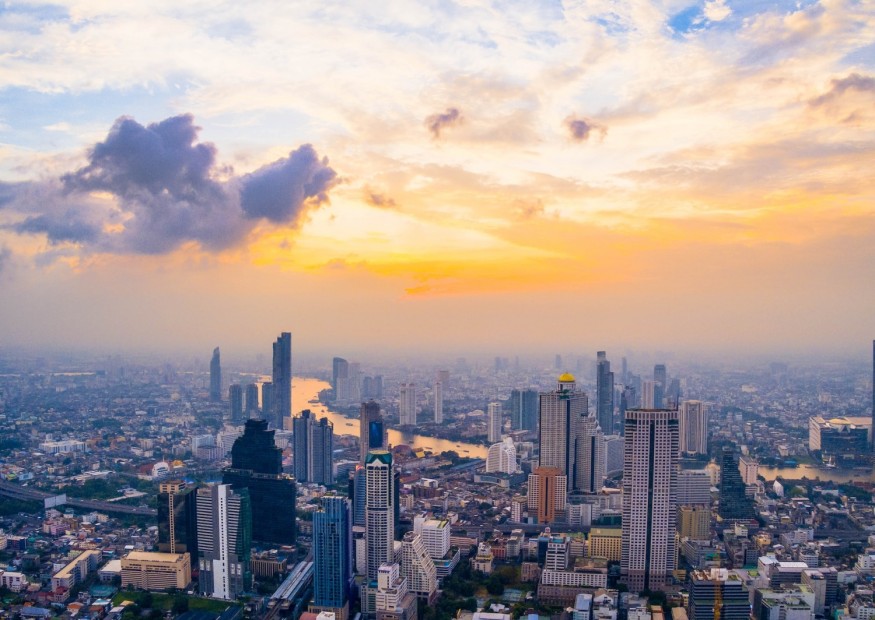Thailand's air pollution has reached unprecedented levels this year. Poor air quality broke existing records for the capital city of Bangkok and the northern city of Chiang Mai, which are both designated as some of the world's most polluted cities for several days back in April.
As the environmental problem continued in recent months, the air pollution spike in the country resulted in millions of people needing medical treatment, according to reports.
Posing a threat to public health, a local agricultural body urged Thailand to ban crop burning, which has been deemed to contribute in the toxic airborne particles. A fast-emerging country, Thailand has developed as a nation in the past several decades in terms of social, industrial, and economic development, according to the World Bank.
Previous projections indicate Thailand is set to be one of the economic powerhouses of Asia in the next decade.
Call for Crop Burning Ban

Pornsil Patcharintanakul, president of the Thai Feed Mill Association, the country's leading agricultural organization, calls for the ban of the agricultural practice of crop burning, which is highly prevalent in Thailand. This comes as the nation's air quality index (AQI) further deteriorated in 2023, threatening the respiratory health of people, especially those living in urban areas.
Also called stubble burning, crop burning is a traditional farming practice to prepare a particular agricultural land for the next crop. The said method is commonly conducted between the months of December and April, a period which is also called the "burning season."
Since the said agricultural body operates under Thailand's commerce ministry, its president urging the current administration to take action regarding the matter.
Thailand Air Pollution
According to the World Health Organization, air pollution is a compounded mixture of different elements like gases, liquid droplets, and solid particles. However, its most critical repercussion comes from delicate particulate matter called PM 2.5, with a size even smaller than the width of a human hair.
Furthermore, the WHO adds that air pollution increases the risk of several non-communicable or chronic diseases like lung cancer, obstructive pulmonary disease, ischemic heart disease, and stroke.
Amid Thailand's air pollution spike, local authorities are asking the public to stay indoors and work from home due to the high concentration levels of the life-threatening "PM 2.5 particles," which can enter a person's bloodstream. These hazardous particles are severely dangerous for people with respiratory problems and other health conditions.
Thailand AQI Levels
As of Thursday, September 21, the average AQI of Thailand is 58, wherein the cities of Samut Sakhon and Rayong have the highest AQI of 139 and 105. Meanwhile, Bangkok is currently at 75 as of Thursday early morning.
AQI's website also shows the current PM 2.5 concentration in Thailand is "1.9 times above" the recommended maximum level given by the WHO. Aside from crop burning, experts previously linked transport emissions and other industrial activities to be some of the largest contributors to air pollution.
Related Article: Watch as Asian Air Pollution Chokes the World
© 2025 NatureWorldNews.com All rights reserved. Do not reproduce without permission.





